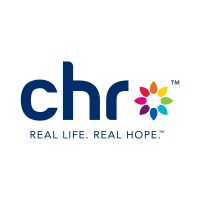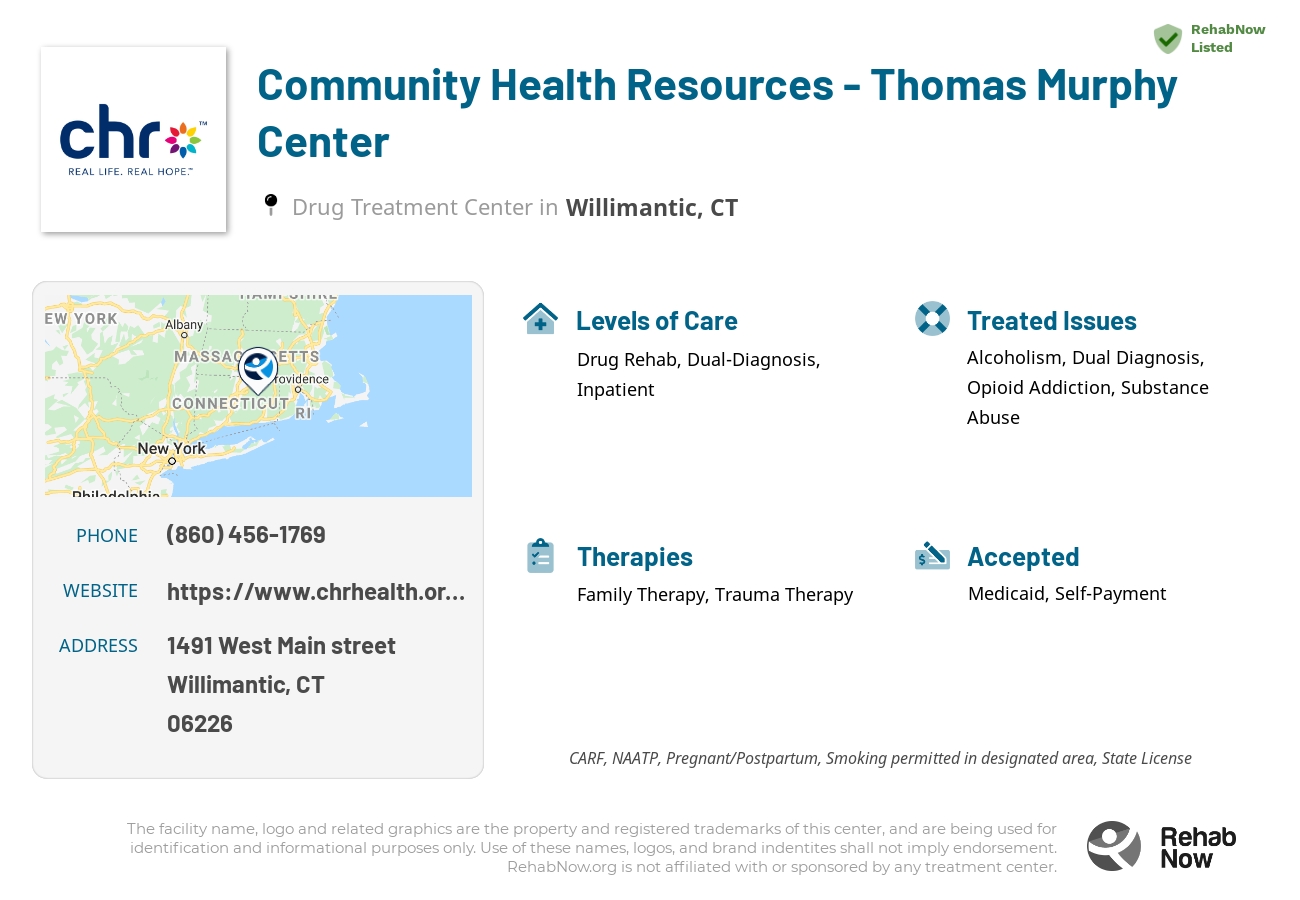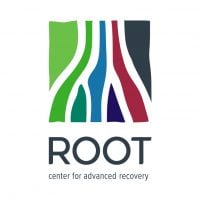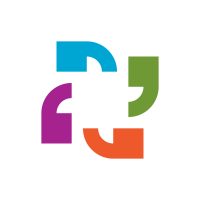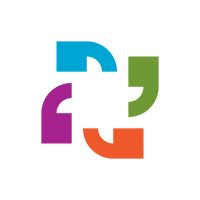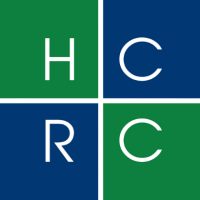Community Health Resources - Thomas Murphy Center
Drug Rehab Center in Willimantic, Connecticut
The Community Health Resources - Thomas Murphy Center in Willimantic, Connecticut is a non-profit organization offering a comprehensive range of mental health and addiction-related services for adults and families, including outpatient programs, crisis intervention, detox services, and individualized treatment plans.
About Community Health Resources - Thomas Murphy Center in Connecticut
Located in Windham, Connecticut, Community Health Resources – Thomas Murphy Center stands out as a private rehab facility focusing on alcoholism, drug addiction, including opioid addiction, dual diagnosis, and substance abuse. It prides itself on offering personalized, comprehensive care tailored to individuals facing mental health and substance abuse challenges.
This center not only holds accreditation from the Joint Commission on Accreditation of Healthcare Organizations (JCAHO) but also accepts private health insurance, making its comprehensive treatment options more accessible. With a broad spectrum of programs ranging from detox to aftercare support, it aims to provide a supportive, therapeutic environment for recovery.
- Personalized Care: Each patient receives customized treatment plans, including individual and group counseling, to address their unique recovery needs.
- Evidence-Based Treatments: Utilizes proven therapies to address the physical, psychological, and emotional aspects of addiction.
- Comprehensive Support: Offers a variety of programs like medication management, relapse prevention, and family support to ensure a holistic recovery approach.
Community Health Resources – Thomas Murphy Center specializes in treating various issues such as alcoholism, drug and opioid addiction, and dual diagnosis. Employing evidence-based treatment methods, the facility provides different levels of care including inpatient, outpatient, and detox services to support individuals through their journey to sobriety.
Genders
Ages
Modality
Additional
Accreditations

JCAHO
Conditions and Issues Treated
Substance abuse is the excessive use of any drug. This includes alcohol, medications, and illegal drugs. Substance abuse is treated with a combination of physical and mental treatments. Patients detox and follow up with therapies that target the underlying cause of the addiction. Substance abuse is a severe problem that can be successfully treated with a variety of therapies. Community Health Resources - Thomas Murphy Center treatment uses a combination of therapies along with other resources to overcome substance abuse.
Opioid addiction treatment should be done in a medically supervised drug rehab. While taking opioids, users will typically use other substances to enhance the effects of opioids or to reduce the adverse effects of opioid use. Opioid addiction treatment will include detoxification and drug rehab counseling to help both the user and their loved ones learn how to live a successful sober lifestyle.
Treatments such as methadone, buprenorphine, and naltrexone are three medications that can help treat opioid addiction. These drugs work on the brain’s pleasure center and reduce cravings and the effects of illicit opioids such as heroin. These drugs can be either given orally or by injection. Individual drug rehab counseling sessions can be helpful to discuss any questions or concerns with the drug treatment program. This counseling will also help the user set goals for when they finish drug rehab.
Opioid addiction recovery is a long process. Many of the changes to the brain caused by opioid use cannot be undone, but with time and the proper treatment, a person can return to normal function. After detox, treatment will include drug rehab counseling and entering a halfway house or sober living community. Aftercare is critical to long-term recovery, as it helps the user avoid relapsing and entering back into drug rehab.
Levels of Care Offered
This center offers a variety of custom treatment tailored to individual recovery. Currently available are Drug Rehab, Dual-Diagnosis, Inpatient, with additional therapies available as listed below.
Inpatient treatment for alcoholism or drug addiction is an option that provides the addict with a supportive environment in which they can stop using. This type of treatment is appropriate for addicts that are most in need of intensive care and supervision. This includes those who were unable to quit on their own, those who need more structure than they can get in outpatient treatment.
Therapies & Programs
The therapies usually include siblings, children, and parents who are involved in their daily lives. These sessions are vital because they address past issues that may have hampered an addict’s or alcoholic’s recovery and provide support at a crucial time!
One of the most critical aspects of family therapy is helping addicts’ loved ones see their situation in a new light. It’s also one of the most challenging things a family can do when a loved one struggles with addiction or alcoholism.
This type of therapy involves the use of a variety of therapeutic techniques to help addicts recover from past traumas that might have triggered their substance abuse. During these sessions, therapists will work with the addict to address painful memories and learn how to cope effectively with stressors as they arise.
During these types of sessions, therapists will typically focus on three main goals:
- Identifying and expressing painful emotions associated with past traumas.
- Reducing the effects of stress on an addict’s life by developing more effective coping mechanisms.
- Developing healthy ways of thinking about stressful situations that can help addicts avoid substance abuse issues in the future.
This type of therapy is typically used in conjunction with other types of addiction treatment services. By identifying and dealing with the root cause of addiction, most addicts can overcome their cravings and prevent relapse once they leave rehab.
Many different types of addiction treatment services exist to help addicts safely get sober, but it’s important for recovering individuals to find a therapist or support group that will help them address the root cause of their addiction.
Payment Options Accepted
For specific insurance or payment methods please contact us.
Community Health Resources Associated Centers
Discover treatment facilities under the same provider.
- CHR - Willimantic Clinic in Willimantic, CT
- Community Health Resources - Enfield in Enfield, CT
- Community Health Resources- Putnam in Putnam, CT
- Community Health Resources - Manchester in Manchester, CT
- Community Health Resources - Putnam in Putnam, CT
Learn More About Community Health Resources Centers
Additional Details
Specifics, location, and helpful extra information.
Willimantic, Connecticut 6226 Phone Number(860) 456-1769 Meta DetailsUpdated April 15, 2024
Staff Verified
Community Health Resources - Thomas Murphy Center Patient Reviews
There are no reviews yet. Be the first one to write one.
Willimantic, Connecticut Addiction Information
Connecticut has a higher rate of substance abuse and addiction than the national average. The state ranks in the top 10 in the country for illicit drug dependence among those ages 18 to 25. In 2010, there were 9,211 people admitted to an alcohol treatment facility for alcohol abuse combined with a secondary drug. Connecticut ranked fifth in the United States of America for the number of fatalities involving drunk driving in 2014.
The drug addiction problem in Willimantic, Connecticut, is relatively severe. Out of 18,000 people, over 6,000 people in the Willimantic are addicted to drugs. The rates of addiction and abuse are high, and the problem is only getting worse. Drug addiction treatment in Willimantic, Connecticut, can vary depending on the facility, but typically, it will involve counseling, therapy, and medication.
Treatment in Nearby Cities
- Litchfield, CT (49.3 mi.)
- Windsor, CT (23.1 mi.)
- Bridgeport, CT (62.0 mi.)
- Milford, CT (54.7 mi.)
- Chester, CT (25.4 mi.)
Centers near Community Health Resources - Thomas Murphy Center
The facility name, logo and brand are the property and registered trademarks of Community Health Resources - Thomas Murphy Center, and are being used for identification and informational purposes only. Use of these names, logos and brands shall not imply endorsement. RehabNow.org is not affiliated with or sponsored by Community Health Resources - Thomas Murphy Center.
